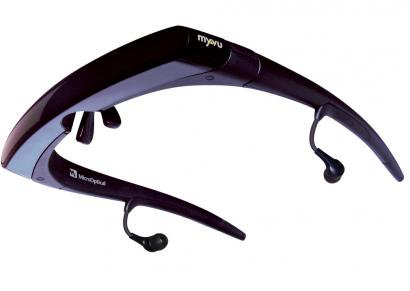Click here and buy the book from Amazon.com if you think GOOG > $700 is perfectly reasonable. It's a quick, informative, and delightful read.
From Library Journal
No matter what your political leanings or economic beliefs might be, there is no denying that Galbraith is a brilliant writer. In this humorous and thoughtful book, he traces the investor "herd" mentality from Tulipomania, which gripped Holland in the 1630s, through a variety of events and up through the 1987 stock market debacle--which he accurately predicted. Galbraith analyzes the crashes that resulted from these speculative episodes, and he points out that the "mass escape from sanity by people in pursuit of profit," which, in his opinion, is always the cause, is never blamed. A truly excellent book, this is highly recommended.
- C. Christopher Pavek, Putnam, Hayes & Bartlett, Inc. Information Ctr., Washington, D.C.
While you're there, also order a copy of Galbraith's similarly short but classic "The Economics of Innocent Fraud: Truth for Our Time". Review excerpt from the Amazon.com book page:
In this thin volume, Galbraith, the noted economist and presidential adviser, serves up a pessimistic view of today's U.S. economy. Drawing on the omnipresent headlines of corporate scandal and greed, Galbraith explains that as the economy suffers, the overall state of American society declines as well. He points to a number of cases of "innocent fraud," or the gap between reality and conventional wisdom. The author bemoans the emphasis on gross domestic production, or GDP, rather than cultural or artistic advances. Companies, not the public, decide what products to make. Galbraith believes that decisions in various corporate arenas are made based on profits, rather than sound business strategies. Furthermore, he says that shareholder meetings, with a few rare exceptions, are pointless because "Shareholders-owners-and their alleged directors in any sizeable enterprise are fully subordinate to the management.... An accepted fraud." He also calls the rapid Internet growth and subsequent bubble another example of fraud as millions of analysts predicted rapid growth for so many companies, but ultimately many employees were laid off. Even more dismaying to Galbraith is the power of the Federal Reserve, which is credited with prompting economic resurgence when, in his view, the institution has limited real power. This brief treatise is a well-written, logical argument about the state of the economy. However, readers may be disappointed because the short concluding chapter offers few realistic solutions.
Amazon.com: A Short History of Financial Euphoria (Whittle): Books: John Kenneth Galbraith










